When Can Aromatherapy Be Used
Curious about the benefits of aromatherapy and how it can enhance your well-being?
We will explore the ins and outs of aromatherapy, including how it works, the different types of aromatherapy, and its various benefits. Aromatherapy has a wide range of uses, from relieving stress and anxiety to improving sleep and boosting immunity.
We will also delve into how aromatherapy can be used for specific purposes and discuss any potential risks or side effects. So, sit back, relax, and let’s dive into the world of aromatherapy.
Key Takeaways:
What is Aromatherapy?
Aromatherapy is a holistic healing treatment that uses natural plant extracts, known as essential oils, to promote health and well-being.
Essential oils have been utilized for centuries across various cultures for their healing properties. The concept dates back to ancient civilizations such as Egypt, Greece, and China, where these oils were prized for their medicinal benefits.
Different plants yield distinct essential oils, each with its own set of therapeutic advantages. From lavender to tea tree, each oil showcases unique characteristics that contribute to physical, emotional, and mental well-being. The benefits of aromatherapy span from reducing stress and anxiety to improving sleep quality and boosting overall health.
How Does Aromatherapy Work?
Aromatherapy works by stimulating smell receptors in the nose, which then send messages to the limbic system – the part of the brain that controls emotions and behaviors. The effects of aromatherapy can range from relaxation to improved focus and energy.
The therapeutic effects of essential oils in aromatherapy uses are not merely psychosomatic; they have a basis in scientific research. Studies have shown that certain aromas can influence brain activity, impacting mood, stress levels, and even cognitive function.
Research suggests that when inhaled, the molecules from essential oils can directly affect the chemistry of the brain by interacting with neurotransmitters. The scent itself plays a crucial role in triggering specific responses in the body, leading to a variety of outcomes depending on the oil used.
What Are the Different Types of Aromatherapy?
There are various types of aromatherapy applications, including inhalation, topical application, and aerial diffusion. Each method offers unique benefits and can be used for different purposes.
Aromatherapy through skin and body applications has been used for centuries to promote relaxation, relieve stress, and improve overall well-being.
Regarding topical application, essential oils are often diluted with carrier oils and applied directly to the skin, allowing for absorption and direct benefits to targeted areas. This method is popular for skincare routines and muscle relief massages.
Inhalation involves breathing in the aromatic molecules of essential oils, stimulating the olfactory system to affect emotions and mental clarity.
On the other hand, diffusion disperses the oils into the air, creating a therapeutic atmosphere to combat respiratory issues, purify the air, or promote sleep.
Inhalation
Inhalation is a common method in aromatherapy where essential oils are inhaled to provide relief from headaches, stress, and respiratory conditions. The scent triggers responses in the brain that can promote relaxation and alleviate symptoms.
When essential oils are inhaled, the molecules enter the nasal passages and reach the olfactory system, which is connected to the limbic system – the part of the brain that controls emotions and memories. This direct pathway allows the aromatic compounds to have a quick impact on both the mind and body.
Utilizing inhalation in aromatherapy not only offers immediate sensory benefits but also acts as a natural remedy for anxiety and depression, among other emotional conditions. By inhaling specific essential oils with calming properties like lavender or uplifting scents such as citrus, individuals can experience a sense of calm and relief from daily stresses.
Topical Application
Topical application involves applying essential oils directly to the skin, where they can be absorbed for various benefits. This method is commonly used for treating skin conditions, promoting relaxation, and relieving muscle tension.
When essential oils are applied topically, they penetrate the skin and are absorbed into the bloodstream. This allows their therapeutic properties to reach targeted areas efficiently. For example, oils like lavender and tea tree have antibacterial and anti-inflammatory effects, making them effective in treating acne and other skin issues.
Topical application of essential oils can provide localized pain relief. Oils such as peppermint and eucalyptus are known for their analgesic properties, which can help alleviate sore muscles, headaches, and joint pain.
Aerial Diffusion
Aerial diffusion disperses essential oil molecules into the air through methods like diffusers or sprays. This technique is used to create a pleasant scent in the environment, promote relaxation, and provide respiratory relief.
When essential oil particles are diffused into the air, they can have numerous benefits for overall well-being such as uplifting mood, reducing stress, and even supporting better sleep patterns. The effects of these scents vary depending on the type of essential oil used, with lavender promoting calmness and eucalyptus aiding in clearer breathing. The practice of aerial diffusion can also purify the air by eliminating harmful microbes and allergens, enhancing the respiratory health of individuals in the space.
What Are the Benefits of Aromatherapy?
Aromatherapy offers a wide range of benefits, including stress relief, improved sleep, pain alleviation, boosted immunity, and enhanced mood. It can benefit the skin, promote relaxation, and aid in various treatments.
Regarding stress relief, aromatherapy can be a powerful ally. Certain essential oils like lavender and chamomile have soothing properties that can calm the mind and reduce anxiety. For those struggling with sleep issues, the relaxing scents of oils such as cedarwood and bergamot can help promote a restful night’s sleep.
In terms of pain alleviation, who can benefit from aromatherapy is increasingly recognized for its analgesic properties. Oils like peppermint and eucalyptus can be effective in relieving headaches, muscle aches, and joint pain.
Boosting immunity is another key benefit of aromatherapy, as oils like tea tree and lemon have antimicrobial properties that can help strengthen the body’s defenses against infections.
Relieves Stress and Anxiety
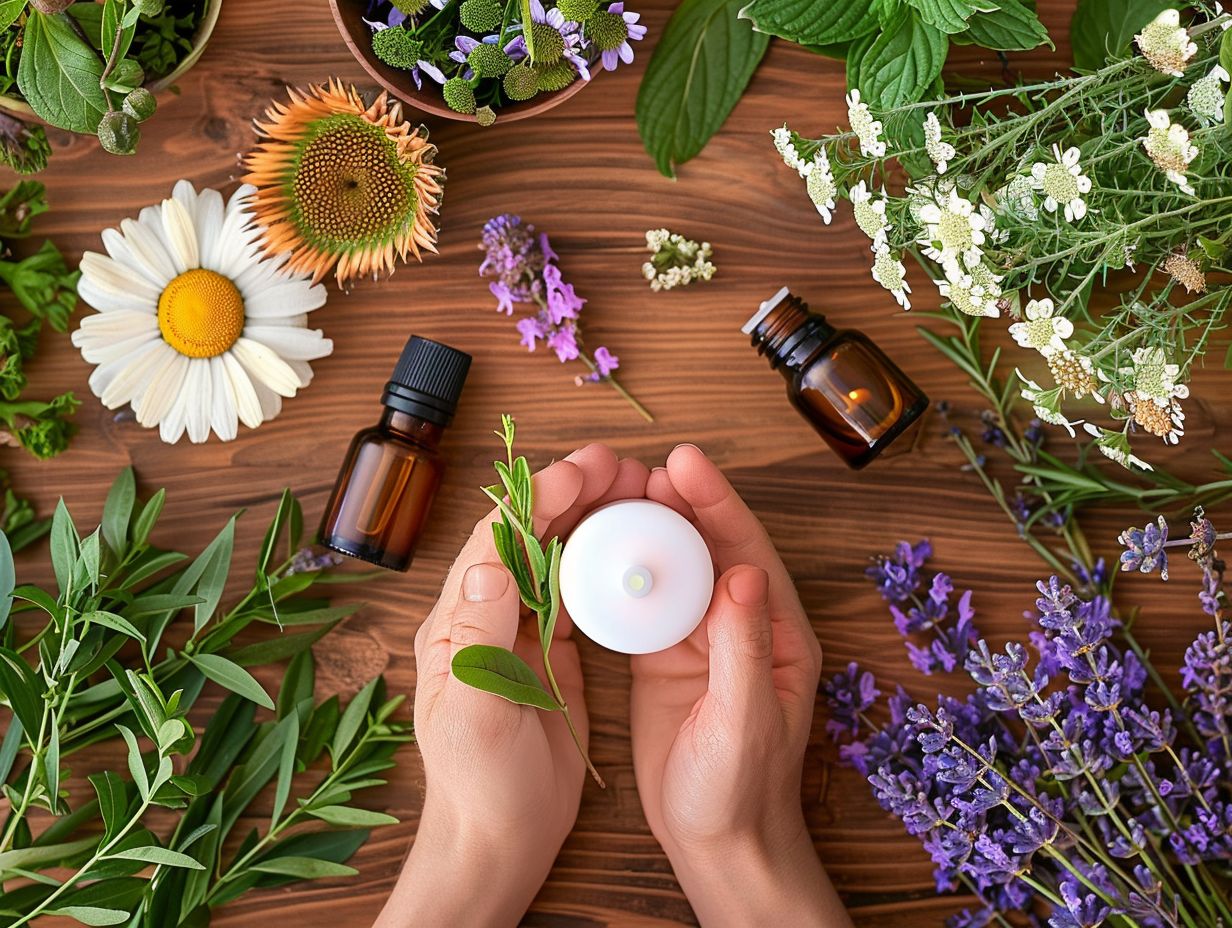
Studies have shown that inhaling the fragrant molecules of these oils can have a calming effect on the mind and body, helping to alleviate symptoms of anxiety and improve overall mood.
The benefits of lavender and chamomile extend beyond just relaxation, as they are also known for their ability to promote better sleep and reduce insomnia.
The gentle and soothing scents of these oils can create a tranquil atmosphere, making them ideal for use in spa treatments, meditation practices, or simply as a way to unwind after a long day.
Improves Sleep
Aromatherapy can aid in improving sleep quality, with oils like cedarwood known for their calming effects that promote relaxation and create a conducive environment for a restful night’s sleep.
Cedarwood essential oil has been used for centuries due to its therapeutic properties that contribute to a peaceful night’s sleep. It is believed to stimulate the production of serotonin, which helps to regulate the sleep-wake cycle and reduce stress levels. Bergamot oil, with its citrusy aroma, is often used in aromatherapy to alleviate anxiety and promote a sense of calm. When diffused in the bedroom, these essential oils can create a soothing ambiance that enhances relaxation and allows for a deeper, more rejuvenating sleep.
Alleviates Pain and Inflammation
Aromatherapy is utilized for its pain-relieving properties, with essential oils offering natural relief from various types of pain and inflammation. The soothing effects of certain oils can help alleviate discomfort and promote healing.
Many individuals turn to aromatherapy as a complementary treatment for their pain management needs. The effects of essential oils go beyond just providing relief; they can also have a calming and rejuvenating impact on both the body and mind.
Whether it is through inhalation or topical application, these oils work synergistically with the body’s natural healing mechanisms to target the root cause of the pain.
Some popular essential oils for pain relief and inflammation reduction include lavender, peppermint, and chamomile, each possessing unique properties that cater to different types of pain.
Boosts Immunity
Aromatherapy can support immune function by using essential oils that have antimicrobial properties, helping to combat bacteria and viruses. These oils can enhance the body’s natural defenses and promote overall well-being.
Benefits of incorporating essential oils with antimicrobial properties in aromatherapy include their ability to not only kill harmful pathogens but also stimulate the immune system. Certain chemicals within these oils, such as eucalyptol, thymol, and citral, have been shown to possess strong antimicrobial and antiviral effects when inhaled or applied topically. By diffusing these oils or using them in massage oils, baths, or room sprays, individuals can create a supportive environment for their immune system to function optimally.
Enhances Mood and Mental Clarity
Aromatherapy is beneficial for enhancing mood and mental clarity, with specific oils like bergamot known for their uplifting effects. These oils can help improve cognitive function and provide emotional support.
When utilized in aromatherapy, bergamot oil not only uplifts the spirits but also promotes a sense of relaxation and stress relief. The refreshing citrus scent of bergamot has been shown to stimulate the production of neurotransmitters like serotonin and dopamine, contributing to an overall sense of well-being. Plus its mood-enhancing properties, bergamot oil is praised for its antiseptic and anti-inflammatory qualities, making it a versatile solution for promoting both physical and mental health.
How Can Aromatherapy Be Used for Specific Purposes?
Aromatherapy can be tailored for specific purposes, such as relaxation, pain relief, and improved focus. It is also used in complementary cancer treatments to support patients’ well-being during their journey.
For relaxation, essential oils like lavender, chamomile, and bergamot are commonly diffused to create a calming atmosphere. These scents are known to ease stress and promote a sense of tranquility.
On the other hand, in pain management, oils such as peppermint and eucalyptus are often applied topically or inhaled to alleviate discomfort and reduce inflammation.
To enhance concentration, rosemary, lemon, and basil oils are popular choices as they are believed to stimulate mental clarity and focus. Studies have shown that certain aromas trigger responses in the brain that can improve cognitive performance and productivity.
For Relaxation and Restful Sleep
Aromatherapy can create a relaxing environment conducive to restful sleep, and it is also effective in alleviating symptoms like nausea and promoting overall relaxation. The calming scents can induce a sense of tranquility and peace.
When aromatherapy is applied, the essential oils interact with the body’s senses, triggering responses that help in achieving a state of calmness. By targeting the olfactory system, the scents send signals to the brain that can reduce stress levels and improve sleep quality. The use of aromatic compounds has been shown to have positive effects on various health conditions, making it a versatile approach for enhancing both physical and mental well-being. The relaxing properties of these scents make them a popular choice for individuals seeking natural remedies to unwind and rejuvenate.
For Pain Relief
Aromatherapy is often employed for pain relief, targeting specific areas of discomfort and offering relief for conditions like kidney pain.
The incorporation of essential oils in pain management is a practice that dates back centuries, with various cultures utilizing the therapeutic benefits of plant extracts for treatment purposes. Explore where aromatherapy is used to understand its diverse applications.
These potent oils such as lavender and peppermint contain natural compounds that possess analgesic properties, which can help alleviate aches and pains when applied topically or inhaled. Check out why aromatherapy is used for more information on its benefits.
When used in combination with other holistic approaches, such as massage therapy or acupuncture, the aroma of these essential oils can enhance the overall treatment experience and provide targeted relief for the affected areas.
For Improved Focus and Concentration
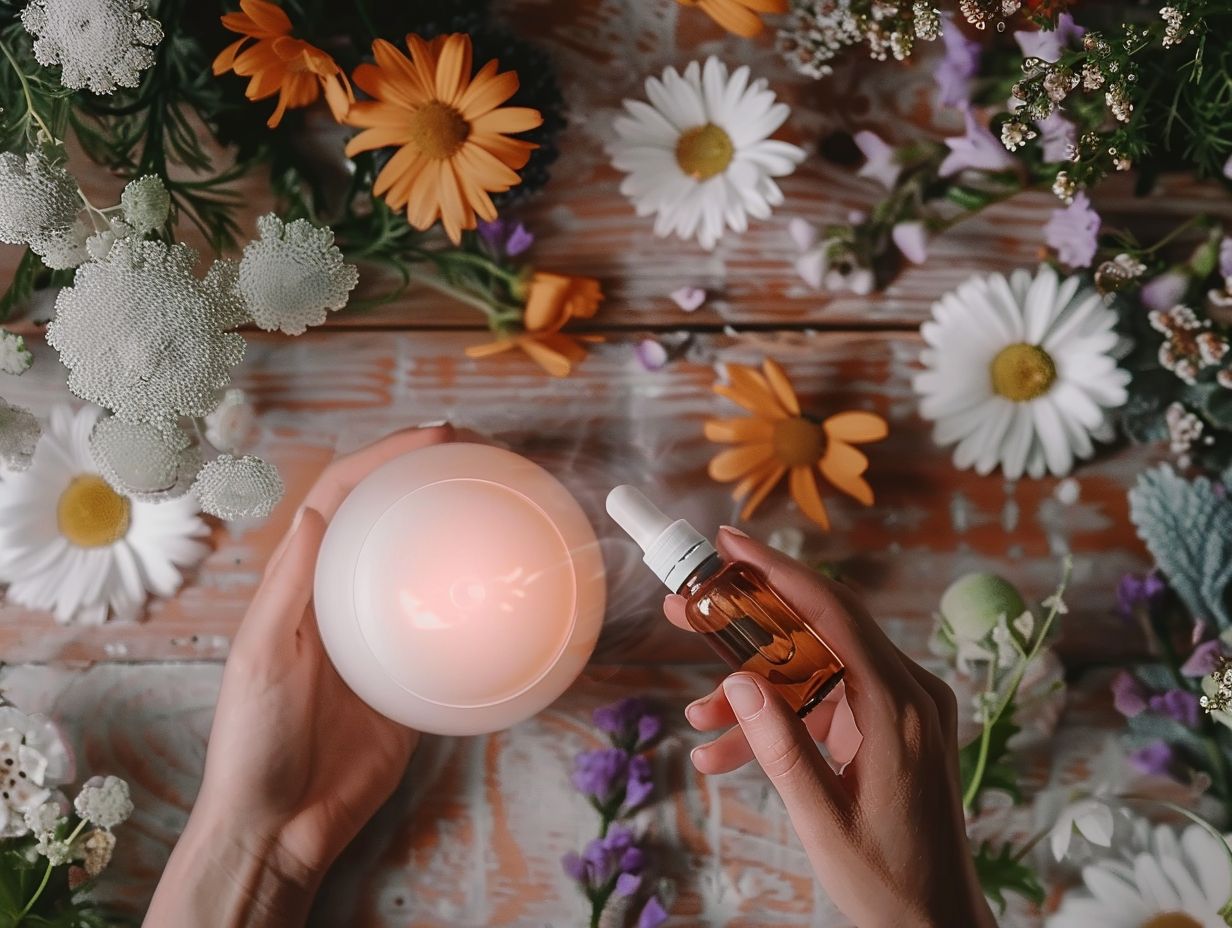
Aromatherapy can enhance focus and concentration through invigorating scents that stimulate the mind, promoting clarity and alertness.
Essential oils such as rosemary, peppermint, and lemon are popular choices for boosting cognitive function and improving mental clarity. Rosemary oil, for instance, is believed to enhance memory retention and increase alertness. Peppermint oil is known for its refreshing scent that can invigorate the senses and improve focus.
Lemon oil, with its bright and citrusy aroma, is often used to promote mental clarity and boost energy levels. These oils can be diffused in the air, applied topically, or even inhaled directly for quick relief and cognitive enhancement.
Are There Any Risks or Side Effects of Aromatherapy?
While aromatherapy is generally safe when used correctly, there are potential risks and side effects to be aware of. It’s essential to follow proper guidelines and consult with a qualified aromatherapist for safe and effective treatment.
Some individuals may experience reactions to certain essential oils, such as skin irritation, allergic reactions, or respiratory issues. It’s crucial to perform a patch test before using any new oil and dilute them properly to reduce the risk of adverse effects. Improper use of essential oils can lead to toxicity due to the concentrated nature of these chemicals. Always store oils in a safe place, keep them out of reach of children and pets, and never ingest them without professional guidance. Your safety and well-being are paramount when using aromatherapy.
Allergic Reactions
Allergic reactions to essential oils can occur, especially in individuals with sensitive skin or allergies. Skin irritation, redness, or itching are common signs of an allergic response, and it’s important to perform a patch test before widespread use.
When using aromatherapy for health and treatment purposes, it’s crucial to be aware of the potential risks involved. Proper testing procedures can help minimize the chances of adverse reactions. Skin sensitivities vary from person to person, so what works for one individual may not work for another.
- Before incorporating any new essential oil into your routine, it’s advisable to dilute it and apply a small amount on a discreet area of your skin. This precautionary patch test is key in identifying any negative skin reactions.
- If you notice any redness, swelling, or itching after the patch test, it’s best to avoid using that particular essential oil altogether. Being cautious and proactive is essential in ensuring your skin health and overall well-being.
Skin Irritation
Skin irritation can occur with certain essential oils, especially when applied directly to the skin. Care should be taken to dilute oils properly and avoid prolonged contact, particularly in individuals undergoing cancer treatments.
Essential oils are highly concentrated plant extracts that can have potent effects when used topically. While aromatherapy is known for its many benefits, improper use can lead to adverse reactions on the skin. It’s essential to mix essential oils with a carrier oil before skin application to reduce the risk of irritation. Performing a patch test on a small area of skin can help identify any potential allergic reactions before widespread use. Always follow recommended guidelines for dilution ratios to ensure safe application and minimize side effects.
Interactions with Medications
Essential oils in aromatherapy can interact with certain medications, affecting their efficacy or causing unexpected side effects. It’s crucial to inform healthcare providers about aromatherapy practices, especially for individuals with conditions like Alzheimer s disease.
For those seeking relief through essential oils, it’s essential to understand that these potent oils can impact how medications work in the body. Due to their powerful properties, essential oils can potentially alter the way certain drugs are metabolized, leading to issues with treatment effectiveness. Hence, it is advisable to seek guidance from healthcare professionals before incorporating essential oils into a treatment plan, to avoid any potential risks or adverse interactions.
When Should Aromatherapy Not Be Used?
There are certain situations when aromatherapy should be avoided, such as during pregnancy, for children, and in individuals with specific medical conditions. It’s important to consider potential risks and contraindications before using aromatherapy.
During pregnancy, certain essential oils can pose risks to both the mother and the unborn child. It’s crucial to consult with a healthcare provider before incorporating aromatherapy into your pregnancy routine.
For children, especially infants and young kids, the concentrations of essential oils can be too strong and may cause adverse reactions. It’s recommended to seek guidance from a qualified practitioner experienced in aromatherapy for everyone.
Individuals with certain medical conditions such as asthma, epilepsy, or skin sensitivities need to be cautious with aromatherapy as certain oils could exacerbate these conditions. A thorough evaluation by a healthcare professional is advisable before you use any aromatherapy products.
During Pregnancy
Aromatherapy should be approached with caution during pregnancy, especially in the first trimester when certain oils like lavender can potentially affect hormone levels. Pregnant women should seek guidance from healthcare professionals.
When considering the use of essential oils during pregnancy, it’s crucial to bear in mind that what may be safe for general adult use might not be suitable for pregnant individuals due to the increased sensitivity during this time. The quality and purity of the essential oils play a vital role – opting for high-quality, organic oils is recommended to minimize the risk of adverse reactions. To err on the side of caution, it’s advisable to dilute essential oils appropriately before application, as direct application can lead to skin irritation or allergic responses.
For Children
Aromatherapy should be used with care in children, as their developing systems may react differently to essential oils. Oils like chamomile can be soothing but should be diluted and tested appropriately for child use.
When considering using aromatherapy for children, it is crucial to prioritize their health and well-being. Ensure that the oils you choose are safe and gentle for young ones. Proper dilution is key, as children’s skin is more sensitive than adults’, necessitating lower concentrations.
- Always consult a qualified health practitioner or aromatherapist before using essential oils on children.
- Perform a patch test on a small area of skin to check for any adverse reactions before widespread use.
Remember, the goal of using aromatherapy in children is to provide gentle relief and support, so cautious and informed application is vital.
For People with Certain Medical Conditions
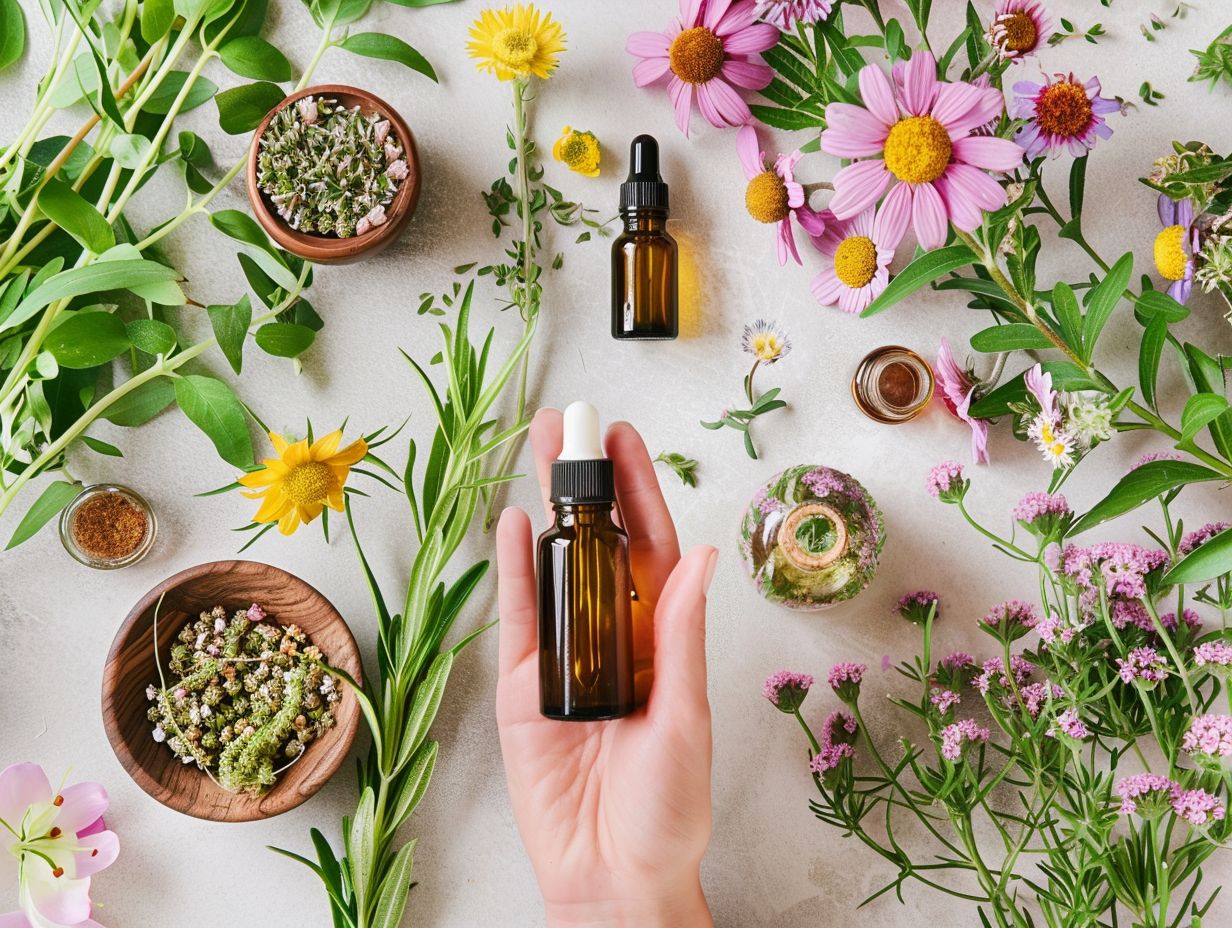
Aromatherapy, although known for its therapeutic benefits, can have varied effects on the skin and body when not used cautiously. It’s crucial to acknowledge that certain essential oils may trigger allergic reactions in sensitive individuals or harm those already dealing with skin disorders or respiratory issues.
Consultation with a healthcare professional helps identify potential risks, ensuring that the chosen oils are safe for the individual’s specific health profile and do not interfere with existing treatments. A medical expert can provide personalized recommendations and dosage guidance, promoting accessible aromatherapy.
Frequently Asked Questions
When Can Aromatherapy Be Used?
Aromatherapy is a versatile practice that can be used in various situations. Here are some frequently asked questions about when and how aromatherapy can be used.
Can aromatherapy be used for stress relief?
Yes, aromatherapy can be used for stress relief. Certain essential oils, such as lavender and chamomile, have calming properties that can help reduce stress and anxiety. Aromatherapy can be used through inhalation or by applying essential oils to the skin.
When can aromatherapy be used for pain relief?
Aromatherapy can be used for pain relief in certain cases. Some essential oils, like peppermint and eucalyptus, have anti-inflammatory properties that can help alleviate muscle or joint pain. However, it is important to consult with a healthcare provider before using aromatherapy for pain relief.
Can aromatherapy be used during pregnancy?
Aromatherapy can be used during pregnancy, but it is important to exercise caution and consult with a healthcare provider first. Some essential oils may not be safe for use during pregnancy, and certain methods of aromatherapy, like ingesting essential oils, should be avoided.
When can aromatherapy be used for skin care?
Aromatherapy can be used for skin care in many ways. Essential oils like tea tree and lavender have antibacterial properties that can help treat acne, while oils like jojoba and rosehip can nourish and hydrate the skin. Aromatherapy can also be used in facial steams or added to skincare products for added benefits.
Can aromatherapy be used for respiratory issues?
Yes, aromatherapy can be used for respiratory issues. Essential oils like eucalyptus and peppermint have decongestant properties that can help clear the sinuses and promote easier breathing. Aromatherapy can be used through inhalation or by applying essential oils to the chest or throat. However, it is important to consult with a healthcare provider if you have a respiratory condition before using aromatherapy.

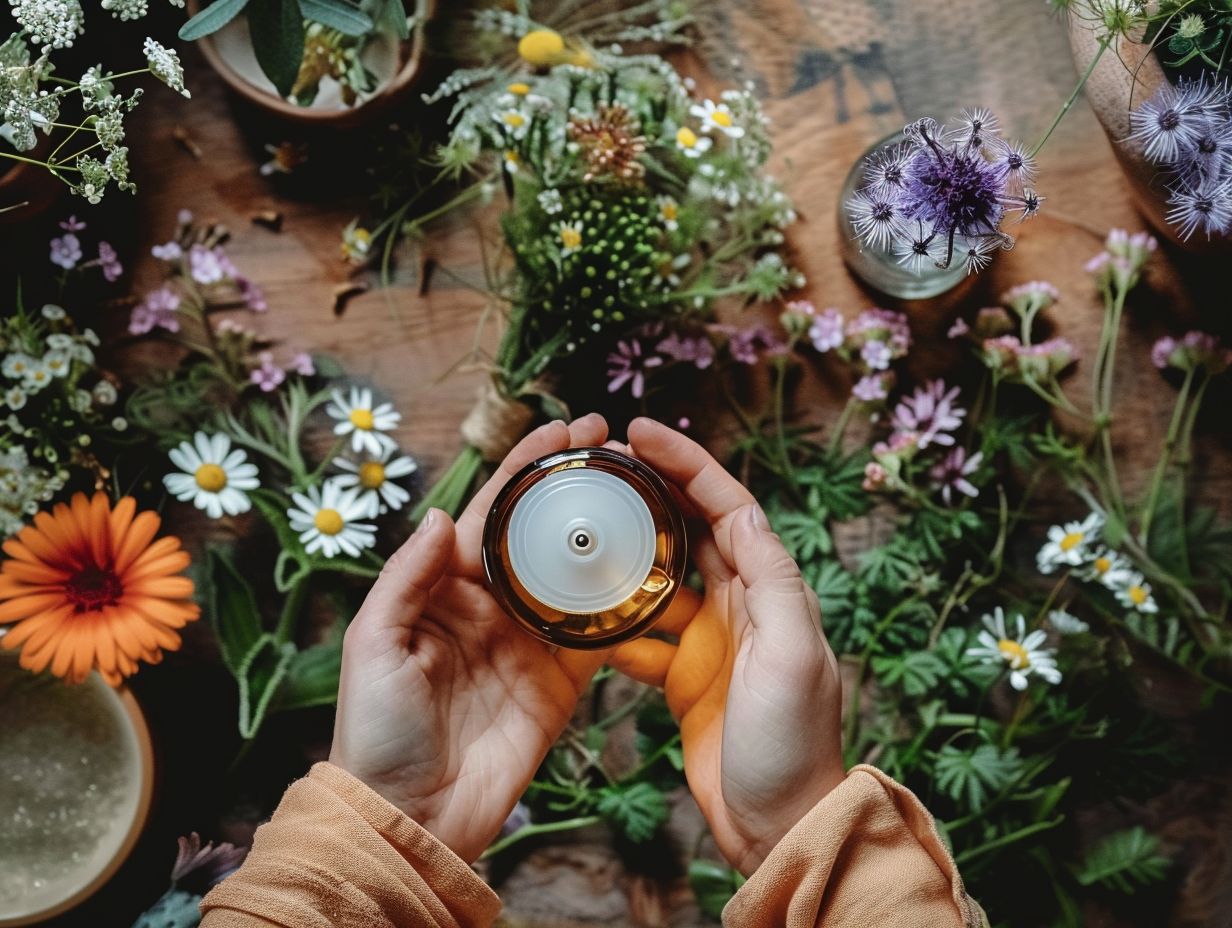

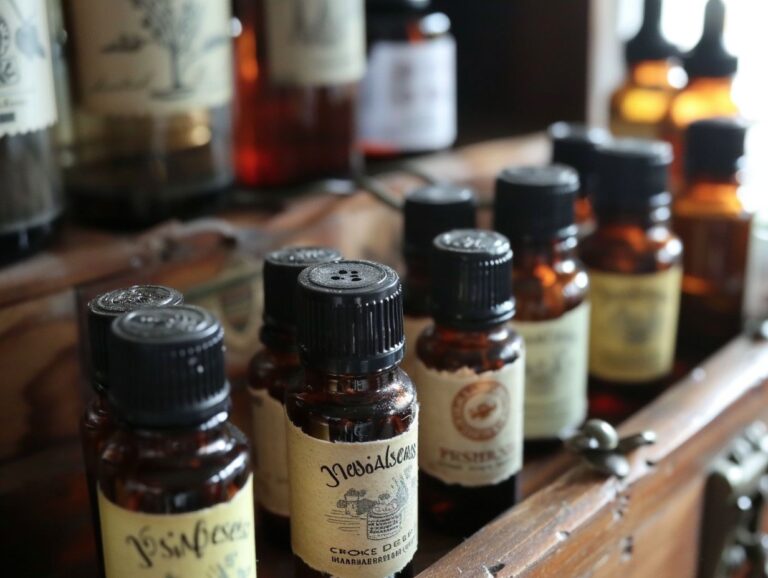

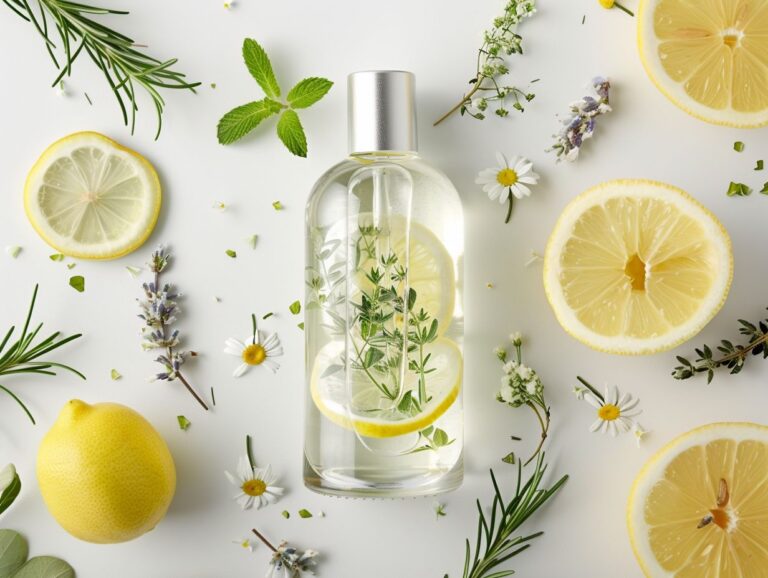
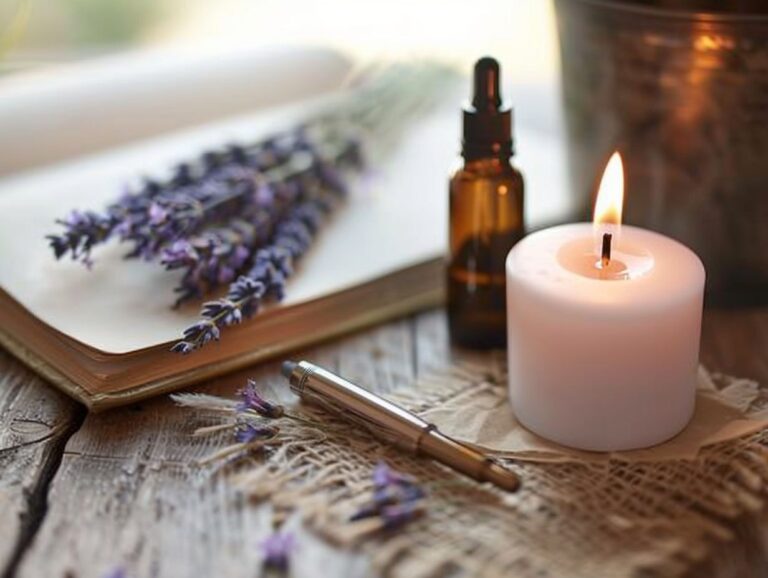

3 Comments